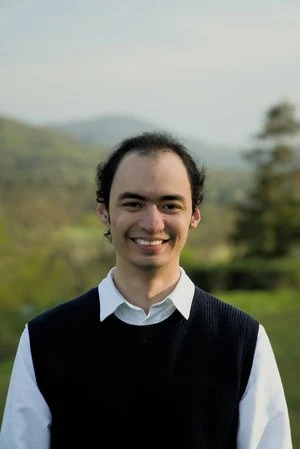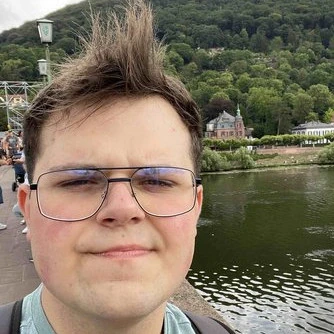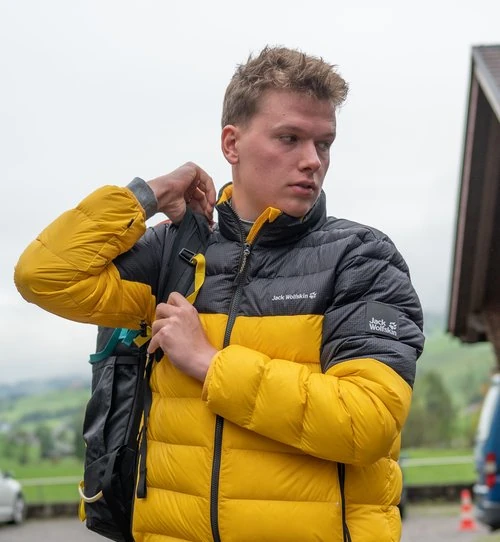University politics
At TU Darmstadt, as at other German universities, there are various committees. Students can participate in them and influence university policy. Since there are several of these and they take on different tasks, we would like to explain them below or link to the official definition. The exact regulation can be found in the basic regulations of the TU Darmstadt.
Organization & structure
Not every committee is elected directly or exclusively by the students. Professors and employees can also elect representatives. Individual committees and positions are also elected indirectly by other committees. These include, for example, the position of Dean or the Senate. We have compiled an overview of who elects whom and how many members the individual committees consist of below:


In addition to these elected bodies (and the University Council), there are several others, particularly at departmental level (e.g. LuSt and PK). These can also be accessed outside the university elections if staff is required. They also fulfill relevant tasks, such as the design of degree programs or examination matters. They therefore have a direct influence on the studies of all students.
At department level
-
Berufungskommissionen (BKs)
When a new professor is to be hired at our department, an appointment committee is formed. This is composed of several professors (usually four), two WiMis and two students, as well as an administrative-technical staff member. During the appointment process, the commission selects the most promising candidates and holds interviews to select the three best applicants.
The TU Darmstadt offers further information on the procedure on its website. The BKs do not have their own mail address, so it is best to contact the individual members.
-
Fachbereichsrat (FBR)
The FBR is the highest body of the faculty and is therefore responsible for a number of very important tasks. These include the coordination of research projects, the use of funds allocated to the department and the appointment of committees as well as the establishment and discontinuation of degree programs. For this committee, the FB20 offers an official explanation (in German).
-
Fachschaftsrat (FSR)
The Student Representative Council (FSR) is elected during the university elections as a body of the Student Council and serves to represent the interests of the students. It consists of 9 members and assumes the core tasks of the student council. The FSR can be reached via fsr@d120.de. Currently it consists of these 9 representatives:
-
Lehr- und Studienausschuss (LuSt)
For this committee, the FB20 offers an official explanation (in German).
-
Promotionsausschuss
For this committee, the FB20 offers an official explanation (in German).
-
Prüfungskommission (PK)
For this committee, the FB20 offers an official explanation (in German).
-
Studienkommission / QSL-Kommission
For this committee, the FB20 offers an official explanation (in German).
At university level
-
Allgemeiner Studierendenausschuss (AStA)
The AStA is elected by the StuPa to represent the student body and represents it externally. For example, it negotiates the semester ticket. A more detailed description can be found on the official site.
-
Fachschaftenkonferenz (FSK)
The student council conference is an organ of the student body (according to the statutes). At the meetings, members of the individual student councils meet to discuss cross-departmental topics and determine a common approach. Financial applications from the student councils that fall within a certain range must also be discussed at the FSK. The meetings take place once a month and each student council is represented by two members. Guests are also invited to some meetings to discuss a topic with the FSK representatives. Members of the AStA are also represented on the FSK as permanent guests. Conversely, the FSK sends advisory members from its own ranks to the UV and the Senate and appoints members to the SPZ Advisory Board, the E-Learning Advisory Board and the HRZ-AG. The FSK (and therefore the individuals involved) can be contacted via mail. The Computer Science Student Council is currently represented by the following members:
-
Hochschulrat
For this committee, the TU Darmstadt offers an official explanation (in German).
-
Senat
For this committee, the TU Darmstadt offers an official explanation (in German).
-
Senatsausschuss Lehre
The current dates and previous results can be found here (in German).
-
Studierendenparlament (StuPa)
The student parliament is the highest body of the student body. You can find more information on the AStA page, e.g. about the composition (in German) or the dates (partly in German).
-
Universitätsversammlung (UV)
For this committee, the TU Darmstadt offers an official explanation.
Further information
If you are interested, the official overview pages of the TU and the department offer further information (in German), e.g. on additional working groups.












